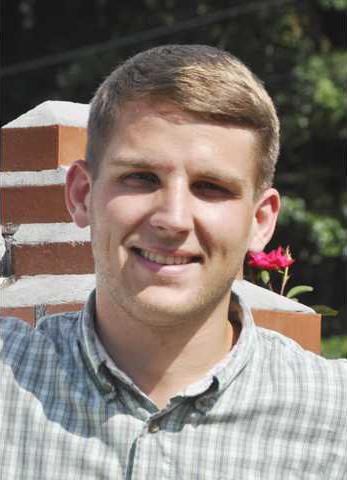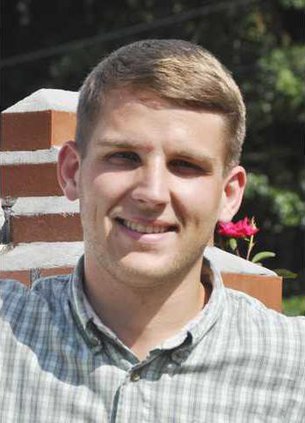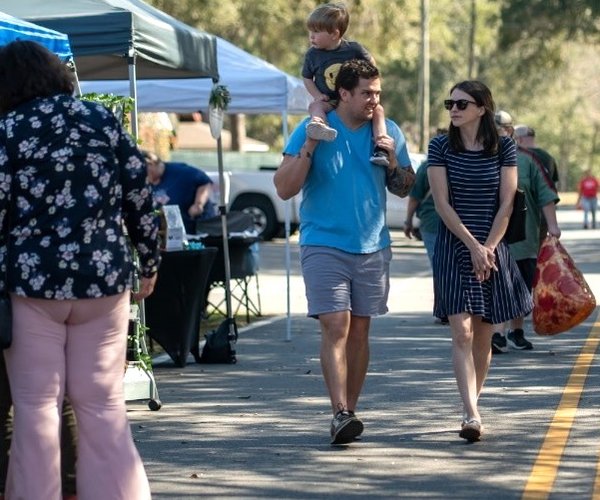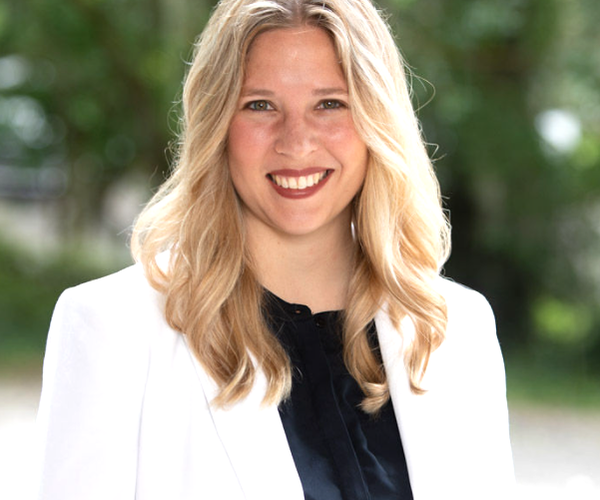Why would the county ag agent write about UFOs? To get you to read this article!
I have received several calls this week on a distinct circular patch appearing in lawns. One homeowner describes it as a UFO landing site! If you recall late last year, I wrote about the threat of Large Patch fungus coming our way, and now we can say the UFO has landed in Effingham County.
Cultural practices are the most important forms for controlling this disease.
• Use low to moderate amounts of nitrogen, moderate amounts of phosphorous and moderate to high amounts of potash. Avoid applying nitrogen when the disease is active
• Avoid applying N fertilizer before April in Georgia. Early nitrogen applications (March-April) can encourage large patch
• Reduce thatch if it is more than 1 inch thick
• Increase the height of cut
Please do not apply nitrogen now or when this disease is active. If nitrogen is applied now, winter injury when most definitely occur to the grass. If nitrogen is applied when this disease is active, it will only fuel the fire.
Our fungicide control options should be used in combination with the cultural control options.
Fungicides should be sprayed this fall and this spring. Look for products containing Thiophanate methyl (Cleary’s 3336, Scotts Lawn Fungus Control) or Myclobutanil (Spectracide, Immunox Lawn Disease Control – RTU, Concentrate, and Granules).
It is best to stay in front of this disease to keep a healthy grass and an appealing lawn that the neighborhood can envy. A good plan to follow if you have this problem is listed below.
• Perform a soil test now (to see what nutrient(s) are lacking if any)
• Apply potash now if needed
• Apply a fungicide at beginning of spring green up
• Dethatch now
• Apply your first application of nitrogen after spring green up
• Raise mowing height to 1 inch
For more information or questions, contact Effingham Extension agent Sam Ingram at 754-8040 or singram@uga.edu.








